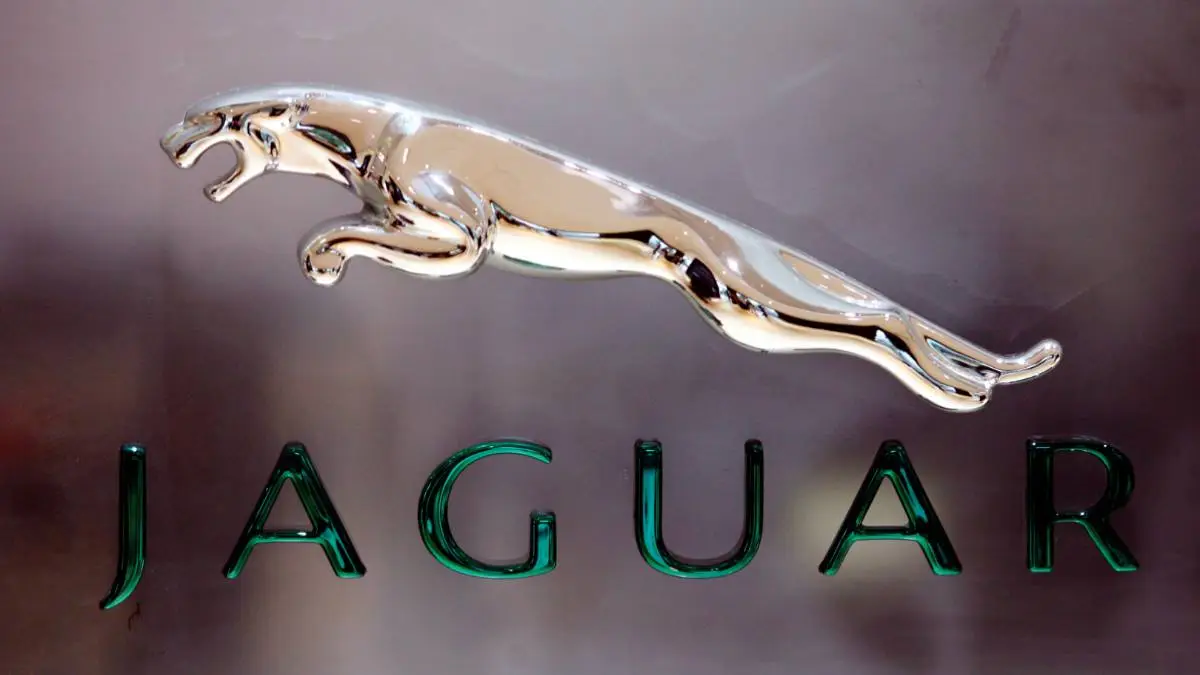[ad_1]
Highlighting the shortcomings in its strategy in resolving the supply chain crisis led by shortage in semiconductors, Tata-owned Jaguar Land Rover‘s (JLR’s) worldwide deliveries during January-September fell more than twice the average level reported by four of its competitors.
The British luxury brands sold nearly as many cars during the nine months this year as they did in the same nine months ten years ago. JLR closed the nine months to September with retail sales of 245,954 units, recording its second steepest fall in over a decade.
While the two Tata Group-owned brands – Jaguar and Land Rover – blame semiconductor shortages for poor volumes, its rivals like Mercedes-Benz, BMW, Audi and Volvo have fared relatively better, according to published data.
Also Read: JLR plans to cut production of some models as chip crisis drags on
Germany’s BMW, the world’s biggest luxury carmaker, sold more than seven times the number of cars sold by JLR between January and September though its volumes were down 10% in the same period.
Close second Mercedes-Benz, which sold more than six times JLR’s volumes, saw its retails decrease by just 6% during the same period. Volumes of JLR, however, during the same period slumped 28% even as it claimed to be sitting on an order book of 205,000 units.
Late last month, JLR said it was making adjustments at its Solihull plant in the UK, where comparatively more profitable models will replace some low-margin models on the production lines. This is in line with its strategy of giving priority to high-margin products due to the limited availability of semiconductors.
Production of the Jaguar F-Pace and the Range Rover Velar will be moderated in favour of the Range Rover and the Range Rover Sport – the two flagship models of the Tata Motors-controlled company. These ad-hoc changes will remain in operation as long as the chip crisis continues to hurt production. The two brands are hoping to produce 160,000 units in the second half of this financial year, up from 147,000 units produced in the first half.
Also Read: Theirry Bollore resigns from Jaguar Land Rover, Adrian Mardell takes over as interim CEO
The cutback in production by JLR is happening at the same time as demand in China, the world’s biggest luxury car market, is surging once again. JLR volumes in China jumped 38% during the September quarter. Sales of Mercedes-Benz grew 37% while that of BMW grew by 6% during the same quarter.
While Mercedes recently said it is working on relief measures, including cutting gas consumption by up to 50% in Germany without impacting production output, JLR said it is talking directly to semiconductor manufacturers to improve efficiency in their deliveries.
JLR is engaging directly with the chip suppliers and entering into partnership agreements to improve visibility of supply in the near term and support future product programmes. Agreements have been signed with several of the most critical chip suppliers and further agreements are in progress.
JLR has lowered its earnings before interest and taxes (Ebit) guidance for the current financial year to ‘positive margin’ compared with 5% guided earlier. It has also guided for a ‘breakeven at free cash flow (FCF)’ against the earlier guidance of 1 billion pounds.
“JLR volumes were impacted in Q2FY23 due to unexpected chip supply issues from its key supplier. JLR is looking forward to be FCF neutral in FY23, with scope for reversing 2 billion pounds of working capital driven debt on books in next 4-6 quarters,” analysts at ICICI Securities wrote recently.
[ad_2]
Source link
